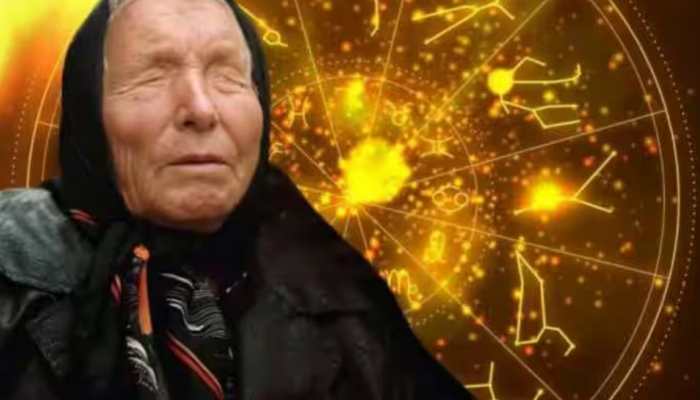We could've lived on Venus, not Earth!
The researchers maintain that minor evolutionary changes could have altered the fates of both Earth and Venus in ways that scientists may soon be able to model through observation of other solar systems, particularly ones in the process of forming, according to scientist Adrian Lenardic.
Trending Photos
)
Washington DC: Turns out, if conditions had been just a little different an eon ago, Venus, not Earth, would have been our home.
The idea isn't so far-fetched, according to a hypothesis by Rice University scientists and their colleagues.
The researchers maintain that minor evolutionary changes could have altered the fates of both Earth and Venus in ways that scientists may soon be able to model through observation of other solar systems, particularly ones in the process of forming, according to scientist Adrian Lenardic.
The paper, he said, includes "a little bit about the philosophy of science as well as the science itself, and about how we might search in the future. It's a bit of a different spin because we haven't actually done the work, in terms of searching for signs of life outside our solar system, yet. It's about how we go about doing the work."
Lenardic and his colleagues suggested that habitable planets may lie outside the "Goldilocks zone" in extra-solar systems, and that planets farther from or closer to their suns than Earth may harbor the conditions necessary for life.
The Goldilocks zone has long been defined as the band of space around a star that is not too warm, not too cold, rocky and with the right conditions for maintaining surface water and a breathable atmosphere. But that description, which to date scientists have only been able to calibrate using observations from our own solar system, may be too limiting, Lenardic said.
"For a long time we've been living, effectively, in one experiment, our solar system," he said, channeling his mentor, the late William Kaula, who is the father of space geodetics, a system by which all the properties in a planetary system can be quantified. "Although the paper is about planets, in one way it's about old issues that scientists have: the balance between chance and necessity, laws and contingencies, strict determinism and probability."
Lenardic noted, "But in another way, it asks whether, if you could run the experiment again, would it turn out like this solar system or not? For a long time, it was a purely philosophical question. Now that we're observing solar systems and other planets around other stars, we can ask that as a scientific question."
"If we find a planet (in another solar system) sitting where Venus is that actually has signs of life, we'll know that what we see in our solar system is not universal," he added.
The paper also questions the idea that plate tectonics are a critical reason Earth harbors life. "There's debate about this, but the Earth in its earliest lifetimes, let's say 2-3 billion years ago, would have looked for all intents and purposes like an alien planet," Lenardic said. "We know the atmosphere was completely different, with no oxygen. There's a debate that plate tectonics might not have been operative."
The study appears in journal Astrobiology.
Stay informed on all the latest news, real-time breaking news updates, and follow all the important headlines in india news and world News on Zee News.
Live Tv







)
)
)
)
)
)
)
)
)
)
